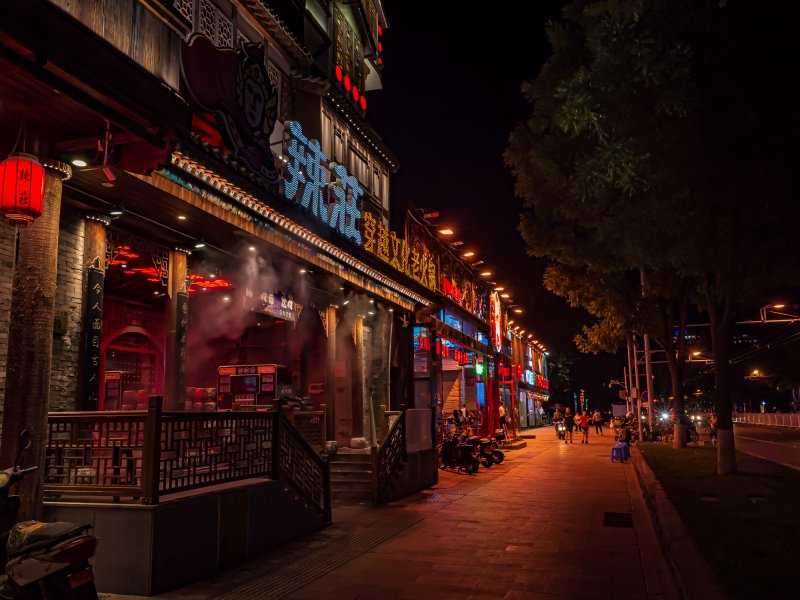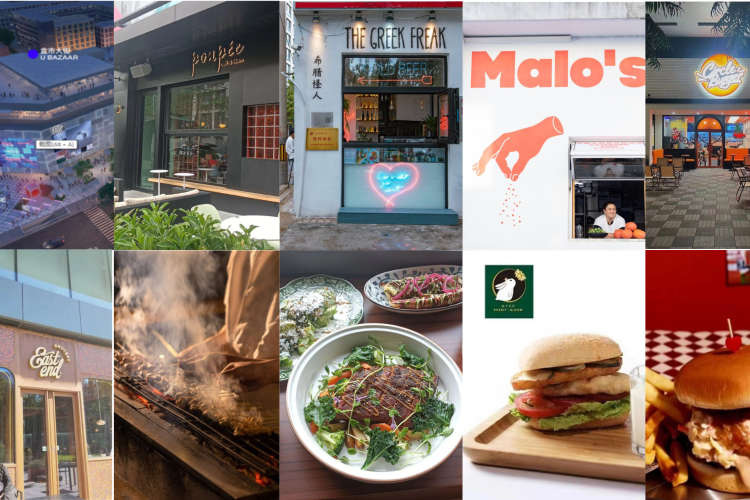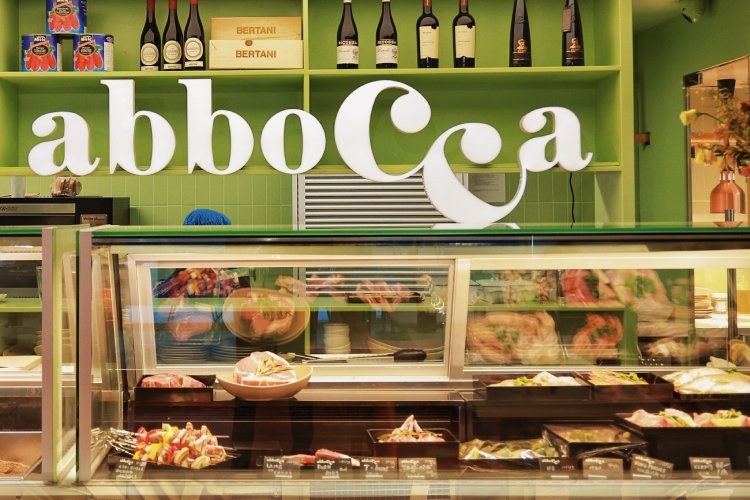Why Do So Many Beijing Ghost Stories Happen Around Food?
With Ghost Month a little over a month away, let's explore Beijing's ghost stories—where folklore and food intertwine in the creepiest of ways.
It always starts the same way: late at night, a steaming table by the window, the last call of a lazy waitress, and that subtle shift in the air, like someone's watching – or already sitting down.
In Beijing, ghost stories tend to gather where the food is—or so the urban legends go. These tales are less about truth and more about the eerie charm of local lore. Maybe it's the dumpling shop in Dongzhimen that keeps delivering to Room 404, even though no one has lived there for years. Or the midnight noodle stand in Shichahai where a pale woman slurps in silence and never pays – the boss swears she always vanishes before the change can be counted. Or the baozi vendor in a certain hutong who only appears on foggy mornings, selling buns that are suspiciously hot, perfectly round, and wrapped in silence. His cart has no license plate. No one remembers where he's from. But the buns taste like childhood.
And then there's the famous case of the Houhai ghost hotpot – a lakeside restaurant that never truly closes. Some say delivery drivers have received orders from alleyways that don't exist on maps. One cook swears he once ladled broth into a metal pot only to watch it disappear – not bubble, not steam, just … vanish, as if someone had already started eating. The table had no number. The receipt was blank.

Why food? Why ghosts?
Maybe because food is warm, social, alive – everything a ghost is not. A bubbling pot shared between friends is a ritual of presence, of comfort. But in a city like Beijing, with its layers of erased courtyards, dynastic rubble, and old streets that lead nowhere, the past doesn't always stay buried. Every jianbing cart is parked atop forgotten histories. Every open-late chuan'r stall glows like a beacon for more than just the living.
There's also the matter of timing. Many of Beijing's most iconic food rituals – hotpot, plum juice, barbecue skewers – thrive after dark. And in traditional Chinese belief, the hours after midnight belong to the yin – the cold, the hidden, the unseen. That's when the veil thins, and when a bowl of broth might be shared with … someone unexpected.

Eating, too, is intimate. We drop our guard, raise our bowls, speak softly, and breathe in together. Ghost stories sneak in between bites – part seasoning, part superstition. In traditional festivals like the Hungry Ghost Festival (中元节 zhōngyuán jié), people burn offerings and leave food out for wandering spirits. On suburban balconies and temple steps, plates of mooncakes or pears rest quietly in the shadows, waiting for invisible guests. And to this day, many locals still avoid sticking chopsticks upright in rice. It looks too much like incense. Too much like an invitation.
There's even a saying among night-shift taxi drivers: The later the meal, the longer the shadows. Many of them refuse to eat alone after 3am.

Most of these tales are just stories – late-night gossip spiced with baijiu and boredom. But still, the next time you find yourself in a nearly empty hotpot place past midnight, and the steam swirls strangely, and the seat across from you shifts just slightly…
Don't panic. Maybe it's just a draft. Or maybe, someone's hungry.
Just do one thing before you dig in: Count the chopsticks. You should only see two.
READ: Beijing's Five Architectural Colors and the Symbolism Behind Them
Images: Unsplash, Uni You, Tuchong







